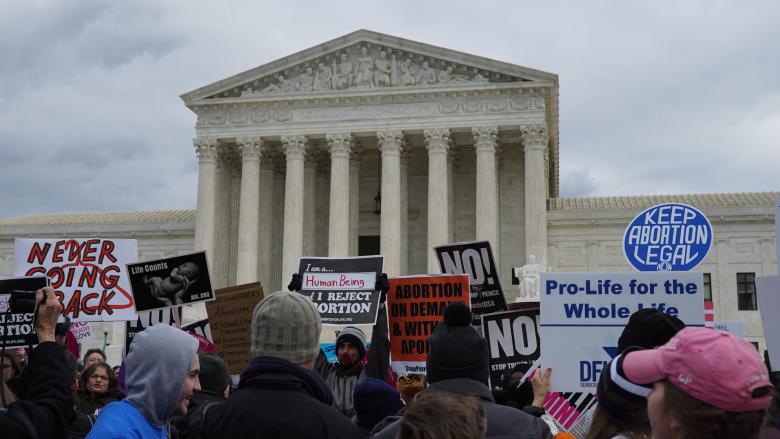REVERSING ROE
Netflix
Reviewed by: Harvey Karten
Directors: Ricki Stern, Annie Sundberg
Screenwriters: Ricki Stern, Annie Sundberg
Screened at: Critics’ link, NYC, 9/12/18
Opens: September 13, 2018
It used to be that politically conscious Americans agreed that the Democratic and Republican parties were like Tweedledum and Tweedledee, characters made famous by Lewis Carroll’s “Through the Looking Glass.” The folks in the House and Senate and in state legislatures would do their jobs in such a bipartisan way that pundits could not be blamed if they were bored, as if we all prefer conflict, some signs of life in our legislatures. This attitude has been reversed. Democrats unanimously voted for the Affordable Care Act while Republicans unanimously voted against. And while the Supreme Court once decided cases like neutral jurists, now we all know how the nine people with lifetime appointments will vote: it’s all about politics. If you were appointed by a Republican you voted conservative. Democrats, progressive.
In this regard Ricki Stern and Annie Sundberg’s “Reversing Roe,” while not even mentioning the name Brett Kavanaugh as presumably his nomination came after the film was completed, has come to theaters now at an opportune time. How so? While once, the Great Political Slogan was “It’s the economy stupid,” that wages, the stock market and the general health of the dollar was the big issue, now money is second place to social issues, namely gun rights, immigration controversies, and most of all, abortion. In fact Stern and Sundberg capture the point in the final debate between Hillary Clinton and Donald Trump in which Trump allegedly sews up victory when he concludes that we cannot allow “partial birth” abortions while Clinton came out in protection of women’s reproductive rights.
Never mind that partial birth is not a medical term while referring to fetuses that are “ripped from a woman’ womb,” as only 1.3% of abortions take place then. Trump does not likely believe in the so-called pro-life movement as he had come out for choice in 1990 and he is arguably one the least religious chiefs of state in our history. But he knew that would have to win big among evangelicals, so he flipped.
You can try to guess the writer-directors’ own opinions on abortion, but you would have a difficult time doing so, as this documentary is completely fair to both sides. Each side gets equal time, each side gets famous advocates’ opinions. However there is absolutely nothing new in what they say. Anyone who watches the news must be aware of every argument, so this picture, which is cerebral (even while showing violent demonstrations), rehashes controversies that should find a place in a museum of ideas if one is ever constructed.
Republicans, who today are as conservative as they ever were, are generally pro-life. Democrats, who today have moved to center-left, are pro-choice. One side says that government has no business messing with women’s bodies; the other side insists that a fetus is a separate body, a new form of life that should not be “killed.” The most important question that splits our country on this issue is this: when does a life fall under the protection of the U.S. Constitution? Pro-choice folks say when it is born, i.e. outside of the mothers’ wombs. Pro-life people say that what is growing inside women’s wombs should be protected, though some say the protection falls at the moment of conception, others stating that it should be protected at some time whether during the first trimester or the second of the third. Roe v. Wade in 1973 held that abortions must be allowed during the first and second trimesters.
Yet since Roe, some states have tried to interpret the Supreme Court’s ruling that undue burdens must not be placed on pregnant women to mean that you can force a woman to watch a sonogram, to get spousal approval, to go only to institutions that have doctors affiliated with hospitals.
In other words, what’s new? Still this film is an excellent primer for those so interested in sports that they have no time to learn about the welfare of the United States, i.e. people who used to turn to the last pages of the New York Post or Daily News when people still read newspapers.
99 minutes. © 2018 by Harvey Karten, Member, New York Film Critics Online
Story – B
Acting – B+
Technical – B+
Overall – B

